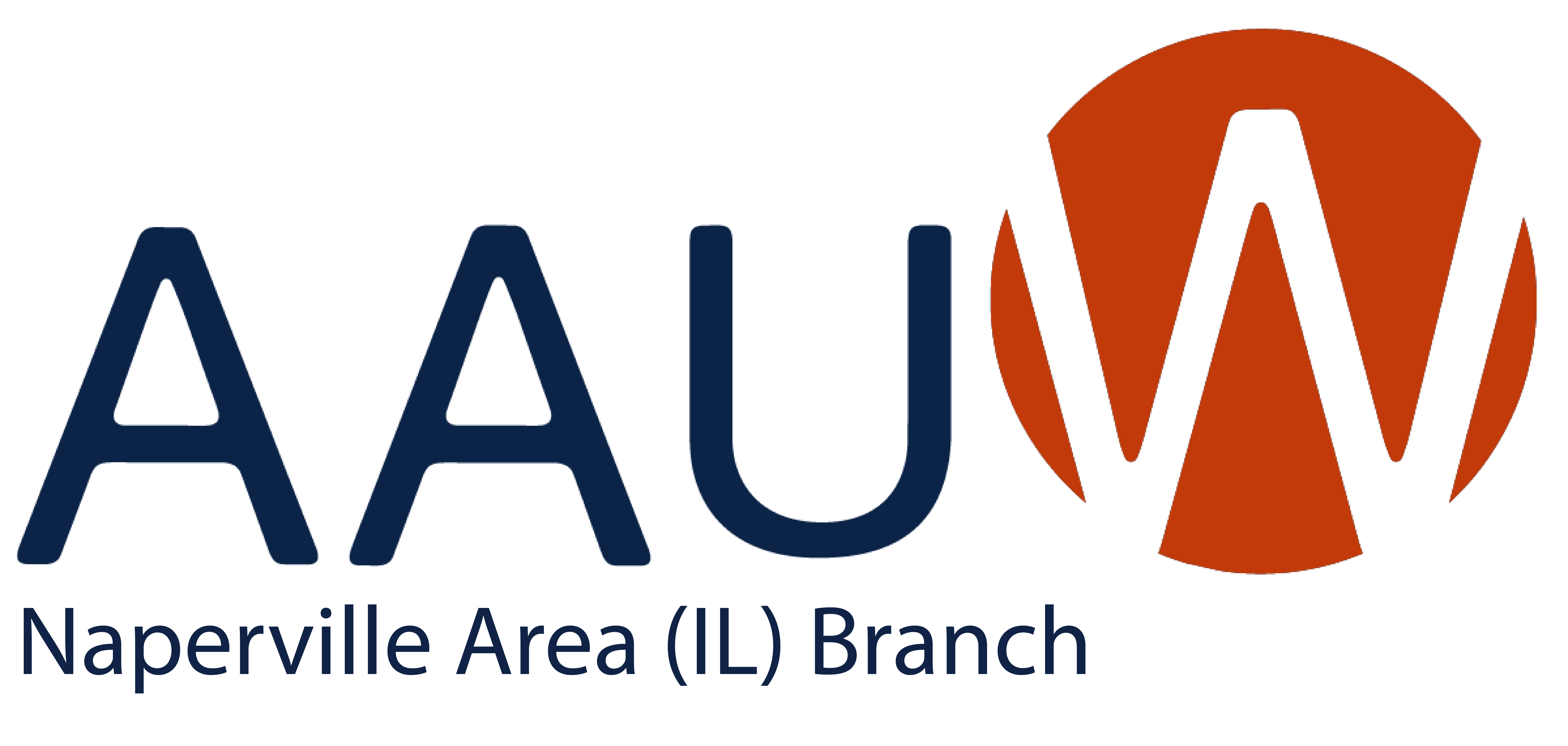According to The Bill of Ri ghts Institute, the phrase to describe religious freedom, “separation of church and state” is not found in either the Constitution or the Bill of Rights. It comes from an 1802 letter by President Thomas Jefferson. As president, he allowed the War, Treasury, and Capitol buildings to be used for religious services, yet he described the First Amendment as creating “a wall of separation between church and state.” In the twentieth century, this phrase became a type of “test” for whether or not legislation violated the First Amendment.
ghts Institute, the phrase to describe religious freedom, “separation of church and state” is not found in either the Constitution or the Bill of Rights. It comes from an 1802 letter by President Thomas Jefferson. As president, he allowed the War, Treasury, and Capitol buildings to be used for religious services, yet he described the First Amendment as creating “a wall of separation between church and state.” In the twentieth century, this phrase became a type of “test” for whether or not legislation violated the First Amendment.
In 2017, the Illinois General Assembly passed the Invest in Kids Act. Under this program, Illinois residents and businesses can receive a tax credit (public funds) for donations made to Scholarship Granting Organizations (SGOs) that supply scholarship dollars to eligible students to attend private schools. The law was designed to give low-income families more educational options (opt out of public schools) and to encourage private donations to support non-public education. The program was initially intended to last for five years and to sunset after the 2022-2023 school year, with a maximum of $75 million in tax credits available each year.
The Illinois Invest in Kids Act has been controversial, as the tax credits based on donations are funneling government dollars into private institutions. Those government funds are diverted away from public schools and may help wealthier families who can afford private education. The law lacks accountability measures and feels like an egregious violation of the separation of church and state, as many of the private schools that receive dollars from the program are religiously affiliated. Illinois needs to address the criticisms about the proper use of public funds in education.
Advocates of the Illinois voucher program argue that it provides families with more educational options and promotes competition among schools, which can lead to improved outcomes for these select students. They also contend that it supports the constitutional right to freedom of choice in education, allowing families to select schools that align with their values and beliefs.
Opponents of the program, including AAUW, argue that it diverts funding from already underfunded public schools, worsening existing inequalities. They also point out that the program often benefits families who can already afford private schools, while leaving low-income families and students in rural areas without access to quality education.
A further complication to this discussion is the recent Supreme Court decision, Carson v. Makin, as the decision requires states to fund religious activity as part of an educational aid program. The ruling undermines the longstanding practice of prohibiting public funds from financing religious instruction and indoctrination. This may set a dangerous precedent for Illinois by requiring it to fund religious activity as part of an educational aid program. Ultimately, the decision undermines the principle of avoiding compulsory taxpayer support for religion.
AAUW argues that Illinois should follow their originally stated timeline and sunset the Invest in Kids Act. Thomas Jefferson had it right when he argued for the separation. While the program may provide some families with more choices, if continued it will worsen existing inequalities and violate constitutional principles.
Education and free thought should be accessible to all. We should be supporting our public schools and upholding the values set forth by the Founding Fathers.
